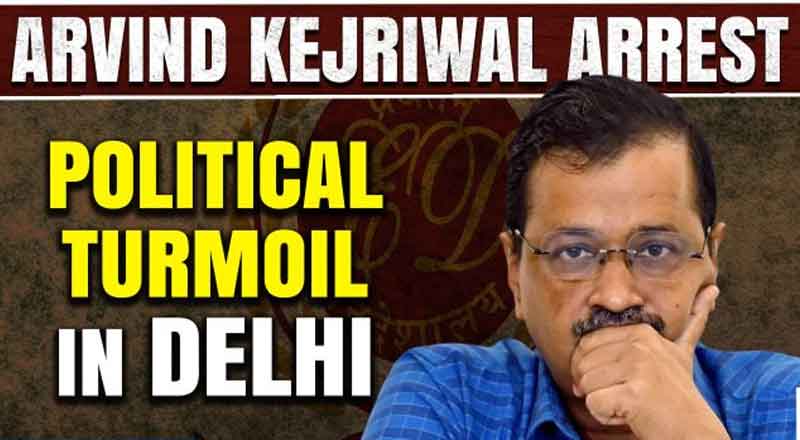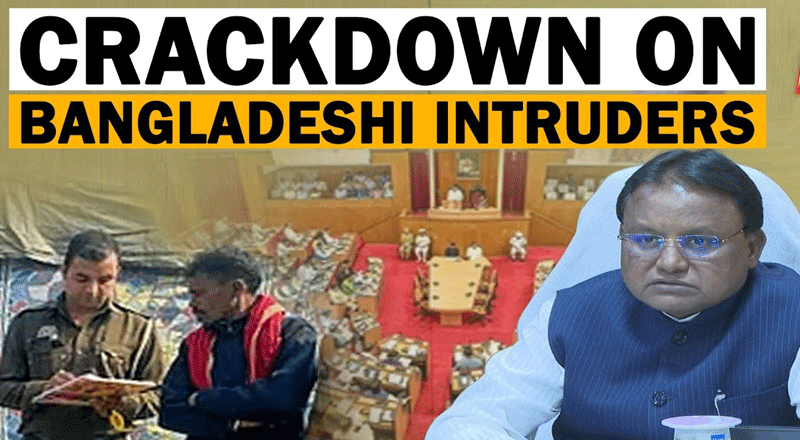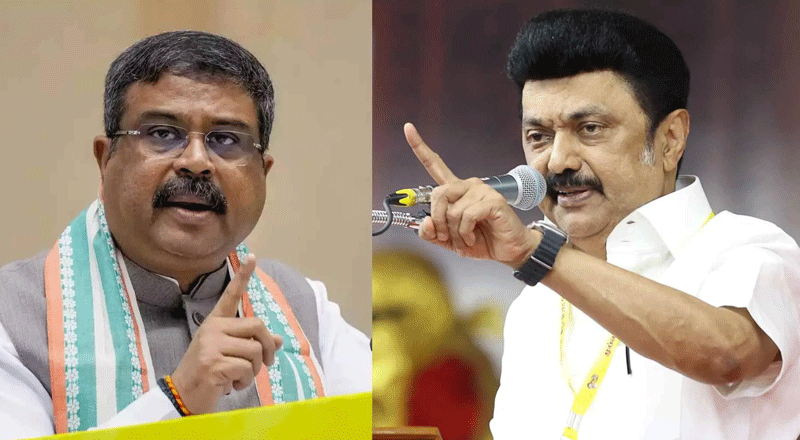The recent arrest of Arvind Kejriwal, the prominent leader of the Aam Aadmi Party (AAP), has ignited a firestorm of debate and speculation, triggering a cascade of questions regarding the party’s trajectory and prospects in India’s tumultuous political landscape. Kejriwal’s detention by the Enforcement Directorate (ED) on allegations related to the Delhi liquor scam has not only raised legal and political concerns but also elicited profound reflections on the ethical and moral dimensions of the case. Here, we delve into seven pivotal inquiries that emerged in the wake of Kejriwal’s arrest, pondering its potential implications on AAP’s electoral fortunes and the broader political panorama in India.
Shaping AAP’s Image and Support Base:
The arrest of Kejriwal, a towering figure in Indian politics and the face of AAP’s anti-corruption crusade, presents a formidable challenge to the party’s reputation and its carefully nurtured image as a harbinger of transparency and accountability in governance. While fervent supporters may rally behind AAP, viewing Kejriwal as a victim of political vendetta, the broader electorate’s perception remains uncertain, casting a shadow over the party’s national aspirations and its claim to being a transformative force in Indian politics.
Electoral Dynamics and Strategic Calculations:
Delhi, characterized by its nuanced voting patterns, serves as a microcosm of India’s complex political landscape, where AAP’s electoral success in state polls often diverges from its performance in national elections. The timing of Kejriwal’s arrest, just months ahead of critical electoral contests, injects a sense of urgency and uncertainty into AAP’s strategic calculations, prompting soul-searching within the party ranks about its electoral messaging and outreach strategies.
Galvanizing Opposition Unity:
Kejriwal’s detention has catalyzed opposition parties, with the Congress and other allies rallying behind AAP, condemning what they perceive as the misuse of central agencies for political vendetta by the ruling Bharatiya Janata Party (BJP). This unexpected show of solidarity among disparate opposition forces underscores the potential of Kejriwal’s arrest to serve as a rallying point for a broader anti-BJP coalition, amplifying voices critical of the government’s alleged authoritarian tendencies and erosion of democratic norms.
Assessing BJP’s Political Calculus:
While the BJP maintains a formidable position in opinion polls, Kejriwal’s arrest introduces a wildcard into the political equation, potentially altering voter perceptions and recalibrating electoral dynamics. The ruling party’s handling of the situation, characterized by assertions of legal propriety and political brinkmanship, risks alienating segments of the electorate wary of perceived overreach and high-handedness, thereby complicating its electoral calculus in the run-up to crucial polls.
Leadership Dilemma Within AAP:
With Kejriwal and Manish Sisodia, AAP’s erstwhile deputy chief minister, ensnared in legal entanglements, the party confronts a leadership vacuum, particularly in the realm of electoral campaigning and strategic messaging. AAP’s heavy reliance on Kejriwal as its preeminent campaigner underscores the challenge of finding suitable substitutes with comparable national appeal, raising questions about the party’s ability to navigate the electoral landscape amidst swirling controversies and legal battles.
Charting AAP’s Trajectory:
As AAP grapples with mounting legal, political, and ethical challenges, fundamental questions arise about its long-term viability and ideological coherence. Founded on the principles of anti-corruption activism and grassroots mobilization, AAP’s meteoric rise to prominence and national stature has been a testament to its disruptive potential in Indian politics. However, the current imbroglio underscores the fragility of its position and the imperative of recalibrating its strategies and priorities to weather the storm of adversity.
Legal and Political Repercussions:
The unfolding legal saga surrounding Kejriwal’s arrest reverberates far beyond the confines of AAP, shaping the contours of India’s democratic discourse and governance landscape. Legal battles, public perception, and electoral outcomes will determine whether this episode marks a watershed moment in AAP’s journey or serves as a rallying cry for renewed activism and political engagement in the pursuit of transparency, accountability, and social justice.
In conclusion, Arvind Kejriwal’s arrest stands as a pivotal moment in AAP’s evolution, triggering profound introspection and soul-searching within the party and beyond. As India navigates the complexities of its democratic experiment, the fallout from Kejriwal’s detention reverberates across the political spectrum, posing existential questions about governance, accountability, and the enduring quest for a more inclusive and equitable polity.
(With inputs from agencies)





